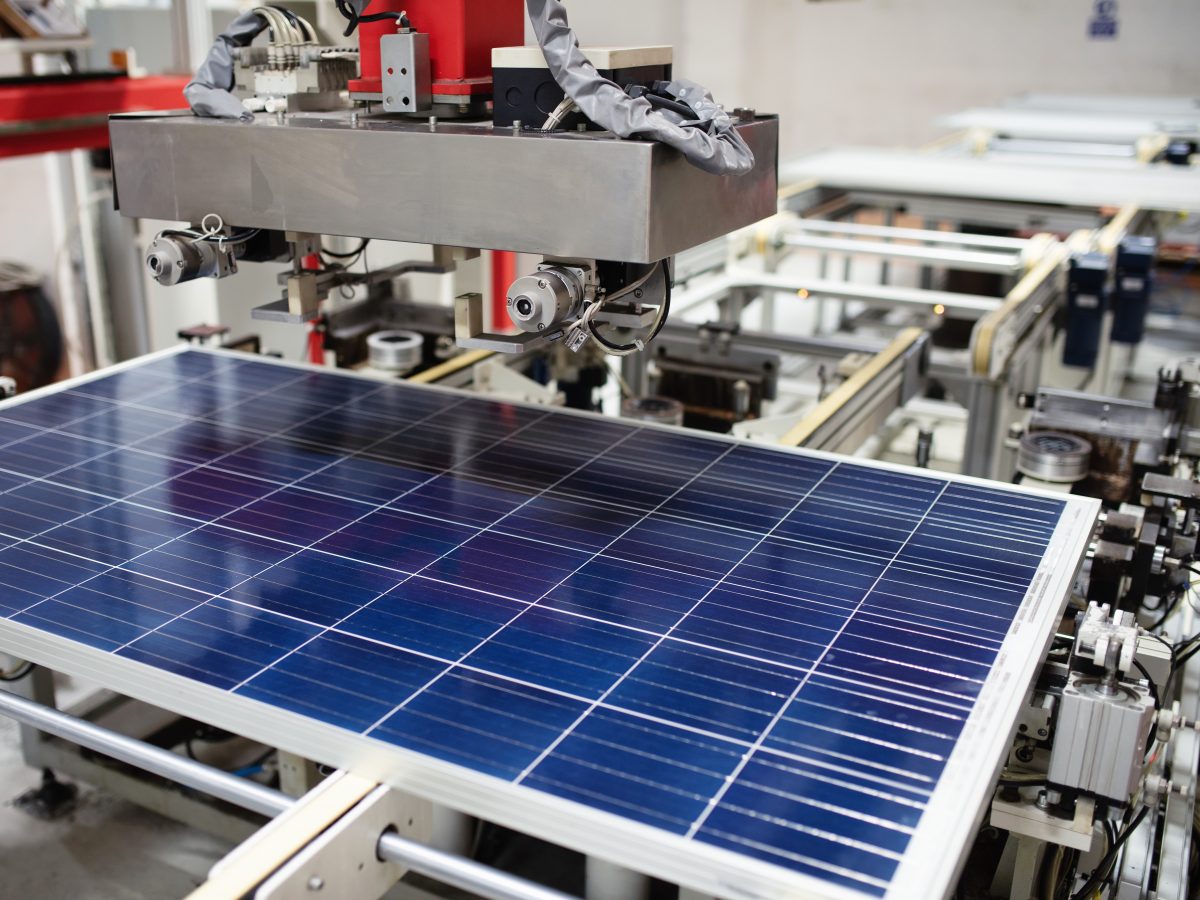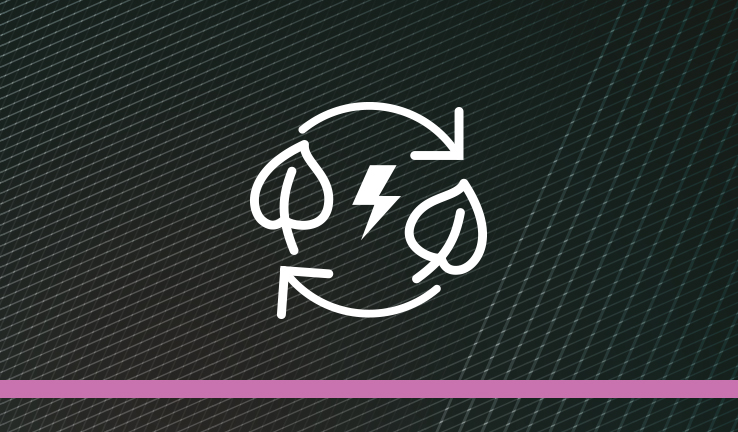Federal government funding is now available for recycling and ‘clean energy’ projects under the Modern Manufacturing Initiative (MMI).
Australia-based companies with eligible projects can apply for initial support under either of two funding streams:
- the Manufacturing Translation stream, which helps Australian manufacturers translate high-quality research and ideas into commercial outcomes’; or
- the Manufacturing Integration stream, which helps them to ‘access domestic and global supply chains and distribute quality products and high-value services into them’.
Expressions of interest for the larger Manufacturing Collaboration stream will open later in 2021.
Funds will be provided to successful applicants on a dollar-matched co-investment basis, with grants ranging from $1 million to $20 million.
The $1.3 billion MMI is the centrepiece of the government’s $1.5 billion Modern Manufacturing Strategy, an action plan aimed at positioning Australia as a nation recognised globally for high-quality, sustainable manufacturing.

Makng solar photovoltaic panels: firms with clean-energy-related manufacturing projects can apply for co-funding from the federal government under its Modern Manufacturing Initiative. Credit: Sondem/ Shutterstock
Maximising opportunities for green-leaning Aussie manufacturers
The government says the funding will help ‘maximise opportunities for Australia’s manufacturers while also driving down emissions and protecting the environment’.
According to the Minister for Industry, Science and Technology, Christian Porter, the latest round of MMI funding should help unlock opportunities, on and offshore, for manufacturers in the essential areas of clean energy and recycling.
“Turning our waste into valuable products and expanding our clean energy options are priorities … because it’s good for the environment, it’s good for our economy and it’s good for jobs,” Minister Porter said. “This funding is targeted at businesses who are manufacturing in these areas.”
According to the Minister for Energy and Emissions Reduction, Angus Taylor, the MMI was a key element of the government’s ‘technology, not taxes’ approach to lowering harmful emissions.
“The Government is backing in Australia’s potential to be a low emissions technology leader,” Minister Taylor said. “Our support will support the growth of new industries and jobs.
“We’re a trusted supplier of energy, commodities and manufactured products across the Indo-Pacific,” he added. “Getting the technologies of the future right will position us to support our customer countries’ efforts to decarbonise while growing their economies.”
Recycling and Clean Energy is the last of the government’s six designated National Manufacturing Priority areas to open for funding under the MMI.
A road map for the sector
Released in tandem with the opening of funding, the industry-led ‘Recycling and Clean Energy National Manufacturing Priority road map’ is aimed at guiding applications under the MMI and Investment in the sector.
It is hoped that the road map will help Australian manufacturers with clean energy and recycling products to ‘develop world-leading greentech products, tap into manufacturing opportunities flowing from large energy projects and support manufacturers to develop new ways to use clean energy and recycled materials’.
The new road map pinpoints particular areas of ‘investment opportunity’. These include:
- recyclable products and packaging;
- products made from recycled feedstock, such as plastic or organic waste;
- hydrogen technologies;
- thermal energy;
- microgrids;
- inverters;
- specialised batteries; and
- low-emissions steel and aluminium.
For more information on the road maps and grant funding, visit DISER’s MMI web page.
Sources
Recycling and clean energy manufacturing funding now available under the Modern Manufacturing Initiative I Australian Government Department of Industry, Science, Energy and Resources (DISER)
$1.3B initiative backs recycling and clean energy I Joint media release, Minister for Energy and Emissions Reduction, the Hon Angus Taylor MP, and Minister for the Environment, the Hon Sussan Ley MP
Lead image: Dollar-matched funding is now available for recycling and ‘clean energy’ projects under the Australian Government’s Modern Manufacturing Initiative (MMI). Credit: DISER


